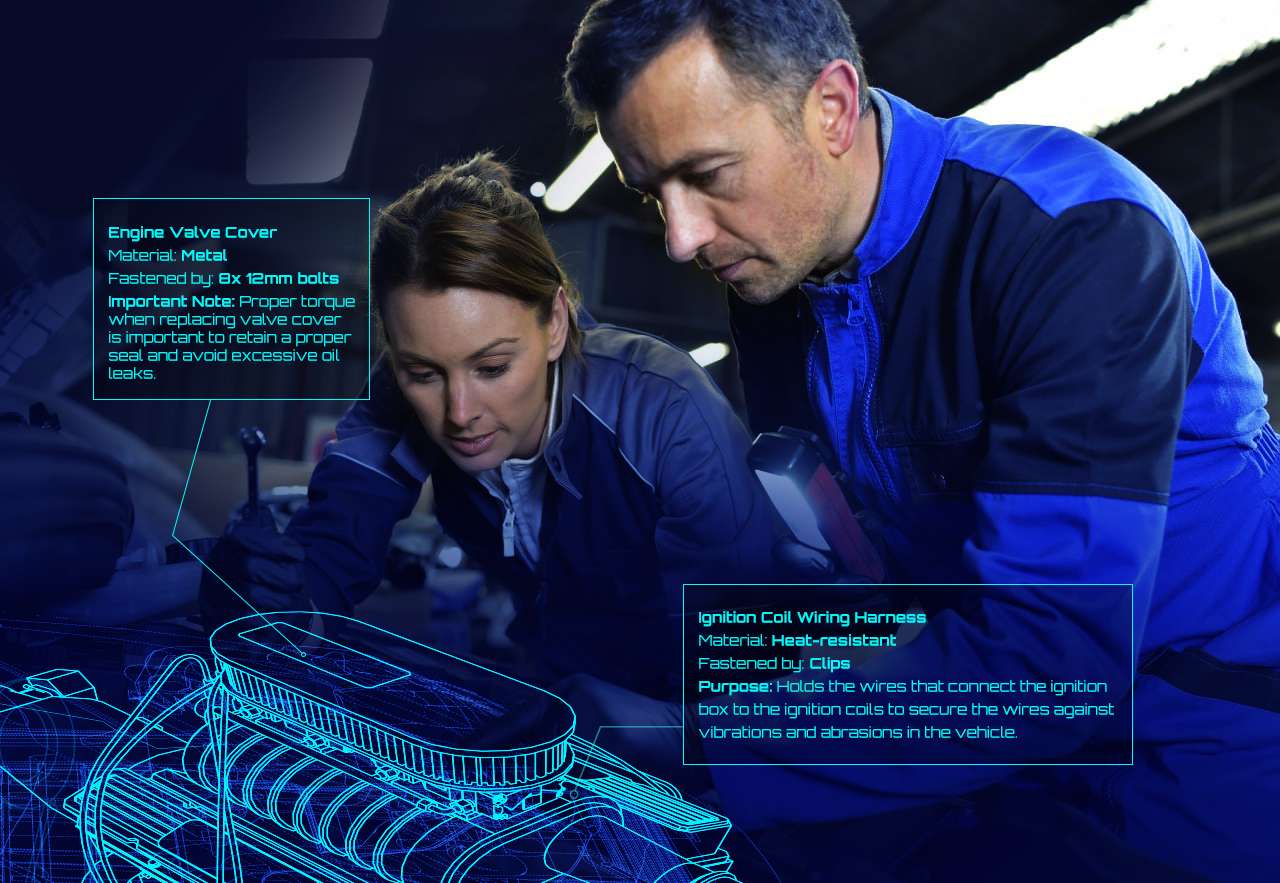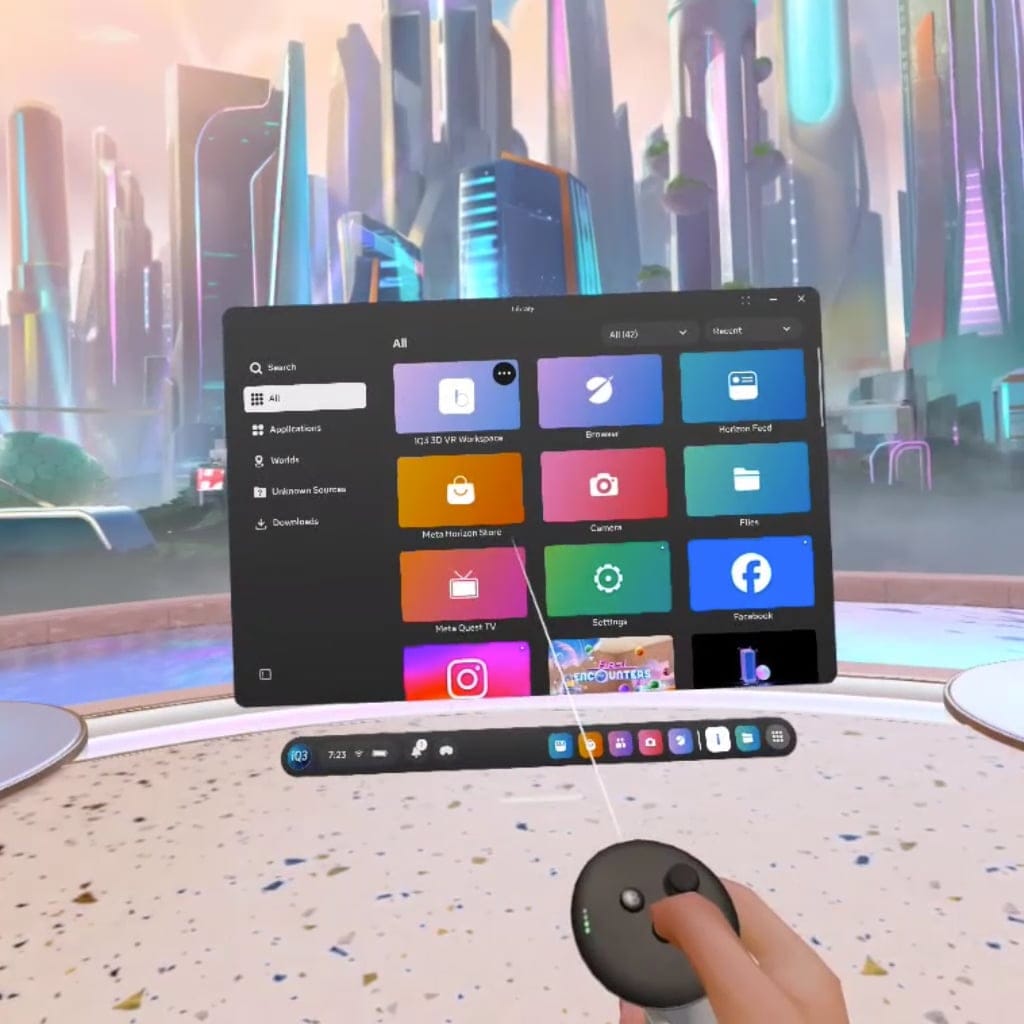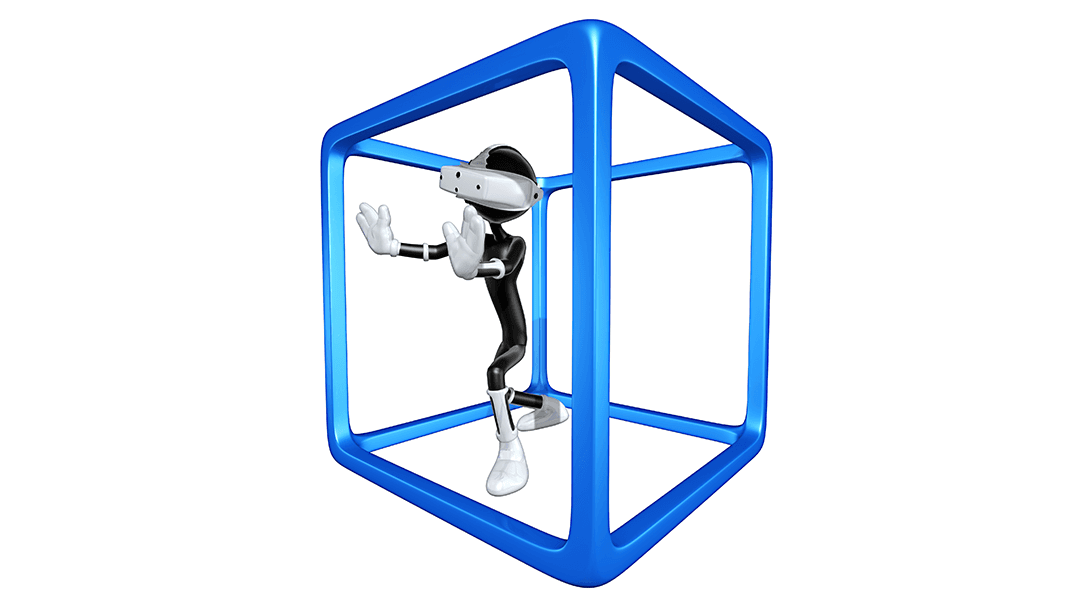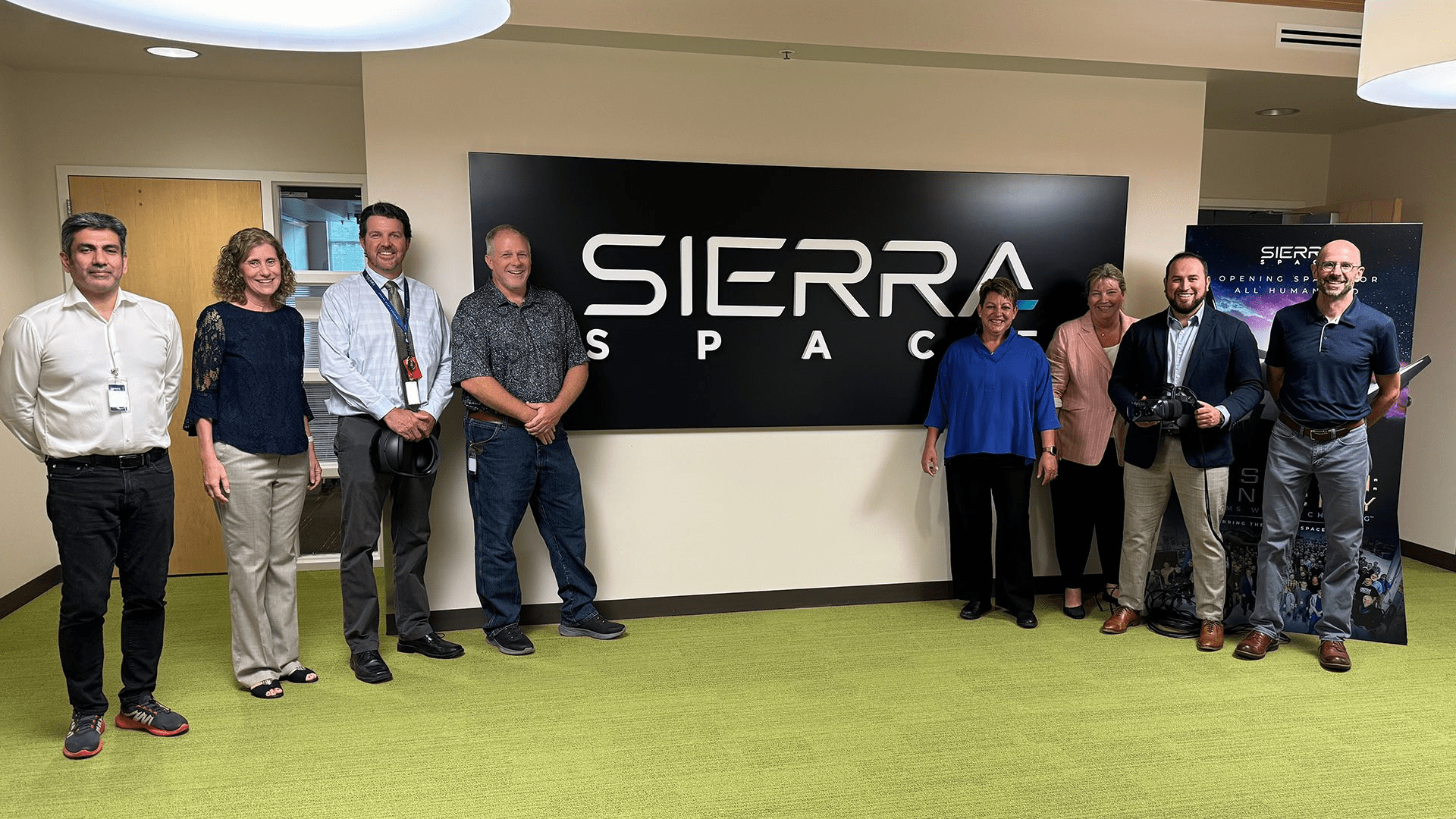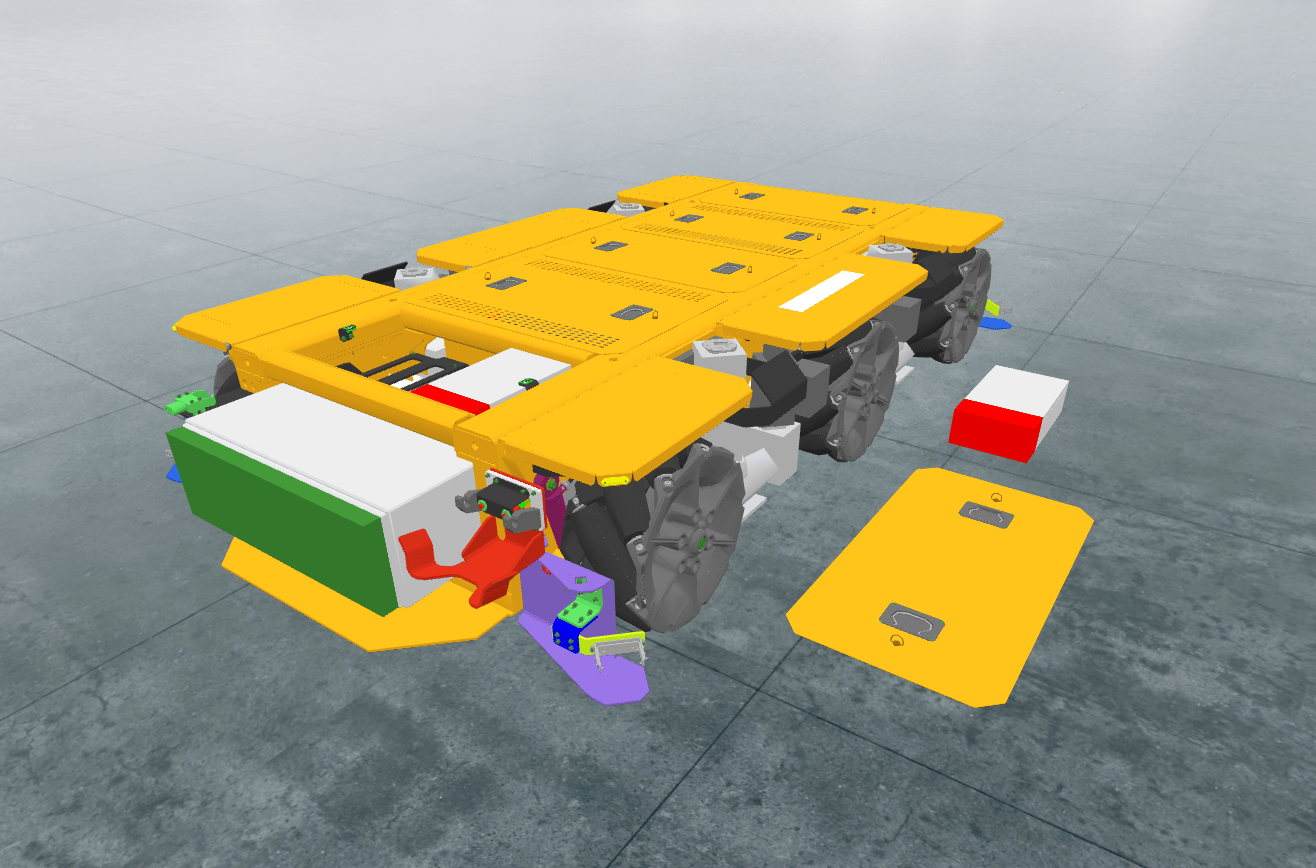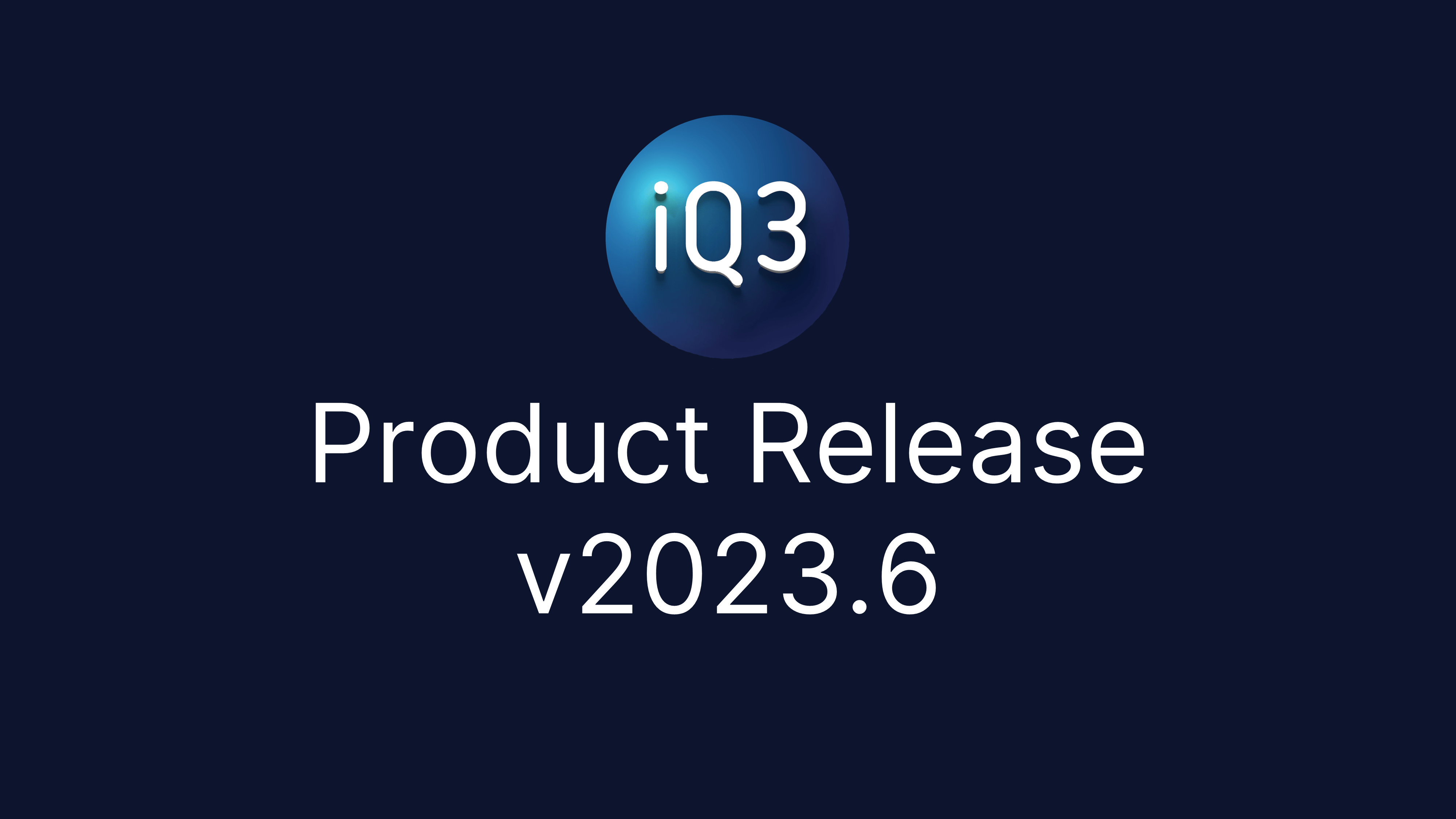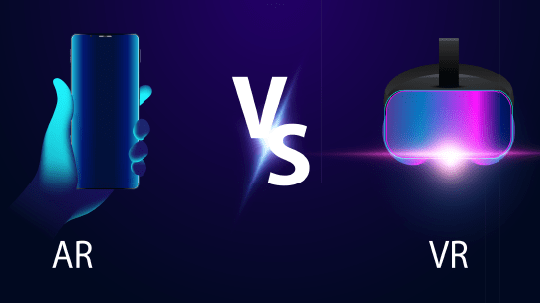Immersive learning is far more than just a current buzzword or a passing fad in the educational landscape. It represents a seismic shift in how we approach both education and training, fundamentally altering the way we interact with educational content and absorb critical information. This innovative learning paradigm leverages cutting-edge technologies like Virtual Reality (VR) and Augmented Reality (AR) to create interactive, engaging, and highly effective learning experiences.
At iQ3Connect, we are not merely observers of this transformative shift; we are active participants and pioneers. We are committed to making learning not just a passive activity but an interactive, memorable, and impactful experience that is accessible to all. Our web-based XR platform is at the cutting edge of this educational revolution, meticulously designed to bridge the often wide chasm between theoretical knowledge and practical, real-world application.
By integrating immersive technologies, such as AR and VR, into our platform, we enable learners to step into realistic scenarios where they can practice skills, solve problems, and make decisions in a safe, controlled environment. This hands-on approach not only enhances engagement but also significantly improves retention and recall, making the learning experience far more effective.
So, whether you’re a business leader aiming to upskill your workforce or an educator looking to elevate your teaching methods, iQ3Connect is your partner in achieving those goals, offering an immersive learning solution that is as effective as it is revolutionary.
What is Immersive Learning?
Immersive learning is an innovative educational approach that leverages a variety of interactive technologies to create a more engaging learning experience. The primary technologies at the heart of immersive learning are Virtual Reality (VR) and Augmented Reality (AR). These technologies transform traditional learning methods, which often involve passive, one-way communication, into a dynamic, interactive experience.
In an immersive learning environment, learners are not just passive recipients of information. Instead, they engage in two-way interactions with the educational content. This interactive dialogue is made possible through a range of immersive elements such as realistic simulations, interactive 3D environments, and even augmented real-world scenarios. These elements provide learners with a hands-on, realistic experience that closely mimics real-world conditions.
By immersing learners in these lifelike scenarios, the educational experience becomes far more impactful. Learners can practice skills, make decisions, and experience the outcomes in a safe, controlled setting, thereby gaining a deeper understanding of the subject matter. This makes immersive learning not just an alternative but a significant upgrade to traditional educational methods.
The Importance of Immersive Learning
Immersive learning is a versatile educational approach that transcends the boundaries of traditional academic settings. Its applications are diverse and far-reaching, impacting a wide array of industries such as education, manufacturing, automotive, aerospace, energy, and construction, among others. In the oil & gas sector, for example, instructors are leveraging Virtual Reality (VR) to simulate various procedures for training purposes. This allows trainees to practice in a risk-free environment, honing their skills before they operate on actual equipment.
Similarly, in the manufacturing industry, Augmented Reality (AR) is being employed to provide real-time data and analytics that can significantly improve training outcomes. Workers can receive instant feedback and make adjustments on the fly, thereby increasing efficiency and reducing errors. Automotive enterprises are also adopting immersive learning technologies for training staff in assembly processes and inventory management, offering a more interactive and hands-on training experience.
iQ3Connect is at the forefront of this industrial application of immersive learning. Our platform is designed to cater to these varied training needs across different sectors. We offer a range of features that make our solutions not just effective but also scalable and secure. Real-time analytics enable organizations to track performance metrics instantly, scalability ensures that the training modules can be easily expanded as the company grows, and robust security features guarantee that sensitive information remains protected.
Immersive Learning in Training
In today’s fast-paced, digitally-driven world, the need for effective and efficient learning is more critical than ever. Traditional learning methods often fall short in engagement and retention, leading to a workforce that is not adequately prepared for the challenges of the modern world. According to studies, the retention rate for traditional training methods is between 10-20%, whereas immersive learning has been shown to improve retention rates by up to 75%. These statistics underline the urgent need for a shift towards more effective educational methods like immersive learning.
Immersive Learning in Education
Educational institutions are increasingly recognizing the value of immersive learning as a complementary method to traditional educational techniques. For example, history students can take virtual tours of ancient sites, and technicians-in-training can perform maintenance and repair operations virtually, providing a more engaging and in-depth understanding of the subject matter.
The Multifaceted Benefits of Immersive Learning
For Businesses:
- Accelerated Trainee Proficiency: Immersive learning allows employees to practice real-world scenarios in a risk-free environment. This hands-on experience makes them better prepared for actual job tasks, reducing the learning curve and increasing productivity.
- Reduced Training Costs: Traditional training methods often require physical materials, venues, and sometimes even travel. Immersive learning, being digital, cuts down on these costs significantly.
- Improved Operational Efficiency: Real-time analytics and feedback mechanisms in immersive learning platforms enable businesses to identify gaps in training and operations, leading to more streamlined and efficient processes.
For Educational Settings:
- Increased Student Engagement: The interactive nature of immersive learning captures students’ attention more effectively than traditional methods, leading to increased engagement and participation.
- Improved Test Scores: Studies have shown that immersive learning techniques can lead to better retention of material, which in turn results in improved test scores.
- Comprehensive Understanding of Complex Subjects: Immersive learning allows for a more nuanced exploration of complex topics, helping students to grasp intricate details through experiential learning.
Challenges and Solutions
While the benefits are numerous, there are also historical misconceptions about the challenges to consider, such as the belief that immersive training must involve high initial costs and significant technical complexities in setting up immersive learning environments. With its web-based XR platform iQ3Connect has eliminated these historical challenges by offering instant web-access to immersive learning on any VR, AR, PC, tablet, or mobile device, and easy-to-use no-code authoring tools to ensure a smooth transition to immersive learning methods.
Future of Immersive Learning
Immersive learning is already revolutionizing the way we think about education and training. Several key trends are already poised to improve immersive learning, each offering its own set of groundbreaking opportunities.
- AI Integration: Artificial Intelligence (AI) is set to play a significant role in the evolution of immersive learning. AI algorithms can personalize learning experiences, adapt the content in real time based on user behavior, and provide instant feedback, making the learning process more efficient and tailored to individual needs.
- Advancements in AR and VR Technologies: As hardware becomes more affordable and software more sophisticated, the capabilities of AR and VR are expanding. Future technologies will include more realistic haptic feedback and streamlined hardware, offering an even more immersive learning experience.
Given these advancements, it’s crucial for enterprises and educational institutions to stay ahead of the curve. Those who invest in these technologies now are likely to find themselves at a significant advantage in the near future, reaping the benefits of more effective and engaging learning experiences.





